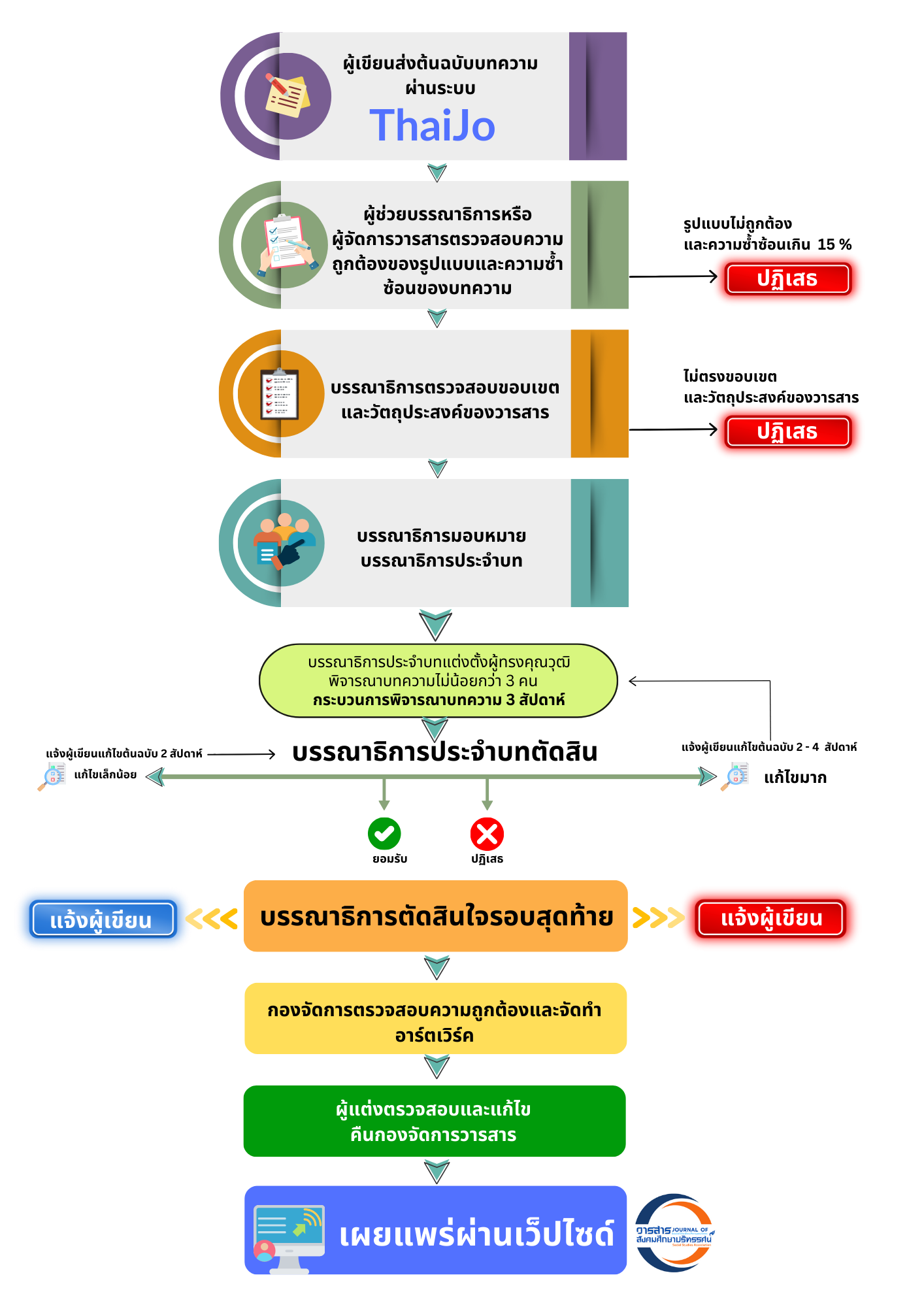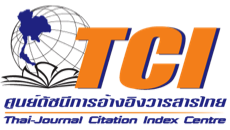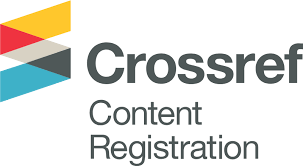Ethical Standards
Roles and Responsibilities of Authors
-
Authors must certify that their work has not been previously published or disseminated elsewhere.
-
Authors must not infringe on copyright or plagiarize the work of others, and must properly reference any external works. The work must undergo plagiarism checking through the CopyCatch program on the Thaijo platform, with a similarity rate not exceeding 15%, as set by the journal.
-
Authors must ensure that their published work is based on genuine research and that the data presented is truthful.
-
Authors must revise or format their work according to the publication guidelines, including proper citation and reference styles as specified by the journal.
-
Authors must make revisions to their submitted work based on the feedback or evaluation from the journal’s review committee. If revisions are not made as suggested, the journal reserves the right to refuse publication of the article.
-
Abstracts in both Thai and English, for research articles, must not overlap or repeat content from the same research.
-
Authors must clearly acknowledge the source of any funding or academic support received for their work (if applicable).
-
Authors must agree that the published work becomes the intellectual property of the journal and may not be republished elsewhere.
Authors must strictly adhere to the review committee’s suggestions for revisions. If revisions are not made within the specified time frame, the journal reserves the right to reject the article for publication and will not refund any publication fees under any circumstances.
Articles submitted for publication in Social Studies Perspectives Journal should present academic content or research related to social studies and related fields, including philosophy, religion, political science, social studies, public administration, geography, law, management, sociology, anthropology, psychology, economics, development studies, social development, educational administration, and interdisciplinary studies, as well as analyses proposing solutions to societal problems. Articles must not have been previously published or under consideration for publication in another journal. Authors must follow the journal's strict guidelines for submitting academic or research articles, including citation and reference standards.
Furthermore, authors must not report false or misleading data, including fabricating, falsifying, distorting, or selectively presenting information that supports their conclusions. The views and opinions presented in the article are the responsibility of the author, not the journal's editorial team. Authors must also adhere to research ethics, ensuring that their work does not violate copyright or plagiarize from others. The journal requires a plagiarism threshold of no more than 15% using the CopyCatch program on the Thaijo platform, effective from October 2024.

Creative AI Usage Policy for Authors
The Journal of Social Studies Perspectives (JSSP) recognizes the rapid advancement of Artificial Intelligence (AI) technologies that can support academic writing and scholarly creativity. To ensure the transparent, ethical, and academically sound use of AI tools, the journal establishes the following policy for authors:
1. Disclosure of AI Usage
Authors must clearly inform the editorial board if any AI tools were used in the creation or preparation of their manuscripts—whether for text drafting, language translation, or academic illustrations. The nature and role of AI assistance must be explicitly stated.
2. Academic Quality Control
Any content generated or supported by AI must be reviewed, verified, and revised by the author(s) to ensure factual accuracy, academic validity, and alignment with the journal’s quality standards.
3. Prevention of Copyright Infringement
Authors are fully responsible for the use of any AI-generated materials. It is strictly prohibited to use AI-generated content or media that infringes upon copyright or the rights of third parties. When using AI-generated images or data, authors must ensure that such materials are legally permissible for public or academic use.
4. Attribution and Citation
When AI tools are used to generate or assist with textual content, data, or visual materials, proper acknowledgment should be provided. This includes specifying the AI tool’s name, version, and purpose of use, to maintain transparency and fairness for readers.
5. Encouraging Human Creativity
AI may be used as a supportive tool for analysis, structure development, or idea generation. However, AI must not replace the intellectual or creative contribution of the author. Authors remain primarily responsible for synthesizing, analyzing, and presenting the scholarly content in their own words and reasoning.









